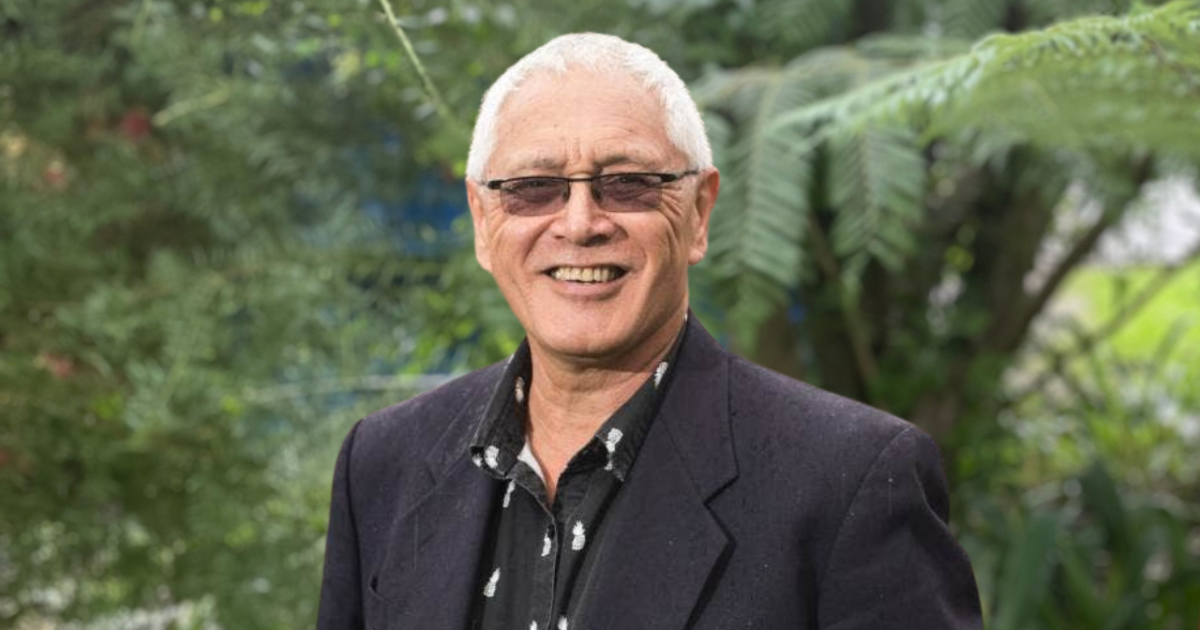David’s early career as a general practitioner gave him valuable insights into the health disparities faced by Māori communities. “I really did love working one-on-one with people and families,” he recalls. “But the real change, I believe, is in public health when you’re working with communities, trying to create healthy conditions for people to thrive in.” This perspective led him to shift from patient care to public health, where he could make a broader impact.
A key principle in David’s work is the belief that Māori health needs must be addressed with culturally relevant solutions. “You cannot tend to those needs if you are using health theories and pathways that are not founded in the culture of the people,” he notes. “If you want to do Māori health work, you need to do it with an informed Māori perspective and a love for the people”. This approach has guided his efforts to integrate kaupapa Māori and mātauranga Māori into health research and practice.
In addition to his health work, David is actively involved in preserving Māori cultural heritage. He has undertaken the task of archiving whānau and Iwi records, including the Henare Matua Repudiation Movement letters – a collection of significant historical importance. “These letters were written to my great-great-grandfather’s older brother, Henare Matua, who led what was called by Māori of the times, ‘Te Komiti’ David explains. By preserving and making these records more widely available, David helps ensure that future generations can connect with their history and cultural roots.
He is a leader of Te Kura i Awarua Rangahau Māori Research Centre which, alongside active research projects, focuses on enhancing research capacity. “Te Kura i Awarua was set up to develop the research capacity of Māori in Hawke’s Bay,” he says. “Competent, high-performing researchers are integral to a progressive society.” The Centre aims to provide resources that empower Māori communities and foster both research and community development.
A core element of David’s work has been to help create cultural safety teaching programmes for medical practitioners in order that they provide best care for Māori patients and whānau. The creation of culturally safe research and community projects is also vital, that is, that that projects are both effective and respectful of the needs of Māori communities.
Outside of his professional work, David finds balance and connection in Pōrangahau, where he engages with nature and his hapū, its activities and its history. Whether planting trees, attending hui, or spending time with family, David values the grounding influence of his roots.
David Tipene-Leach’s work is a testament to his dedication to improving Māori health and preserving cultural heritage. His contributions continue to make a meaningful impact in public health, inspiring others to consider the importance of culturally responsive approaches to community well-being.

